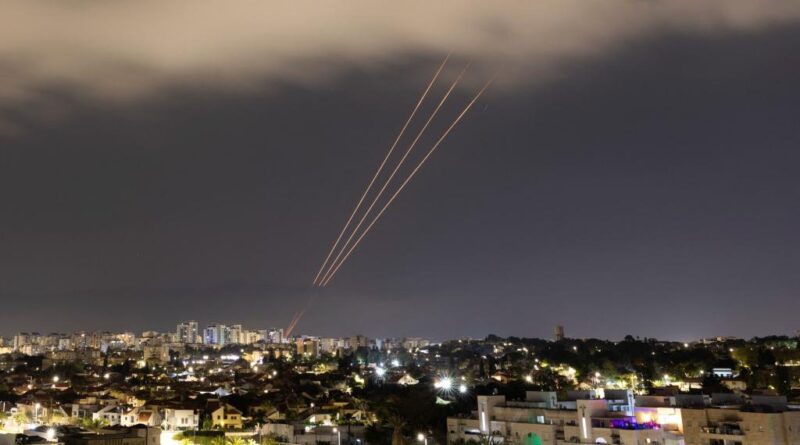Israel and America must work towards achieving a “Queen Esther” endgame in Iran, empowering dissidents.

Jerusalem will not hesitate to retaliate against Tehran as confirmed by Biden’s recent statement.
The response is expected to be significant, intense, and aimed at restoring Israeli deterrence in the Middle East.
However, this retaliation must have a clear endgame.
The Israel Defense Forces have various targets in Iran to choose from, given Israel’s own advanced military capabilities.
Options for Israel are plentiful, ranging from Iranian leadership to military bases to Iran’s oil industry and even its nuclear-weapons program.
The threat posed by Iran’s nuclear program is particularly concerning for Jerusalem.
This concern escalated after Iran directly attacked Israel on Saturday, demonstrating a willingness to escalate hostilities.
However, dealing with this threat is not a simple task.
Iran has numerous nuclear facilities scattered across its vast territory, making it challenging to eliminate their nuclear capabilities.
In addition to these known facilities, there are undeclared sites, missile production facilities, and existing stockpiles that must also be targeted.
It is unlikely that a single strike will be enough to neutralize the threat posed by Iran.
Israel will need to escalate its response gradually.
Both Jerusalem and Washington should consider a comprehensive approach to eliminate Iran as a regional threat, rather than appeasing it as the Biden administration tends to do.
There have been missed opportunities in the past to support domestic opposition in Iran, particularly among women.
Empowering dissent within Iran could be a key strategy in reshaping the country into a more democratic state.
Israel’s security may hinge on the West’s ability to support Iranian dissidents, similar to how Esther played a crucial role in saving Persia’s Jews in ancient times.
Unfortunately, previous administrations, including Obama’s and Biden’s, have focused more on negotiations with Iran, which have not yielded significant results.
It is clear that the current Iranian regime needs to be removed, and negotiations are no longer a viable option.
A more aggressive approach, similar to the Trump administration’s “maximum-pressure campaign,” may be necessary to spark domestic unrest in Iran and weaken the regime from within.
As Israel plans its retaliation, it should consider targeting key areas that could destabilize Iran’s leadership.
While hitting nuclear facilities and defense industries is important, disrupting domestic power structures could be equally effective.
By targeting police forces, morality courts, and other symbols of oppression, Israel could create opportunities for change from within Iran.
Empowering dissidents and opposition groups in Iran could lead to a grassroots movement to challenge the regime.
Mark Toth writes on national security and foreign policy. Col. (Ret.) Jonathan Sweet served 30 years as a military intelligence officer.



